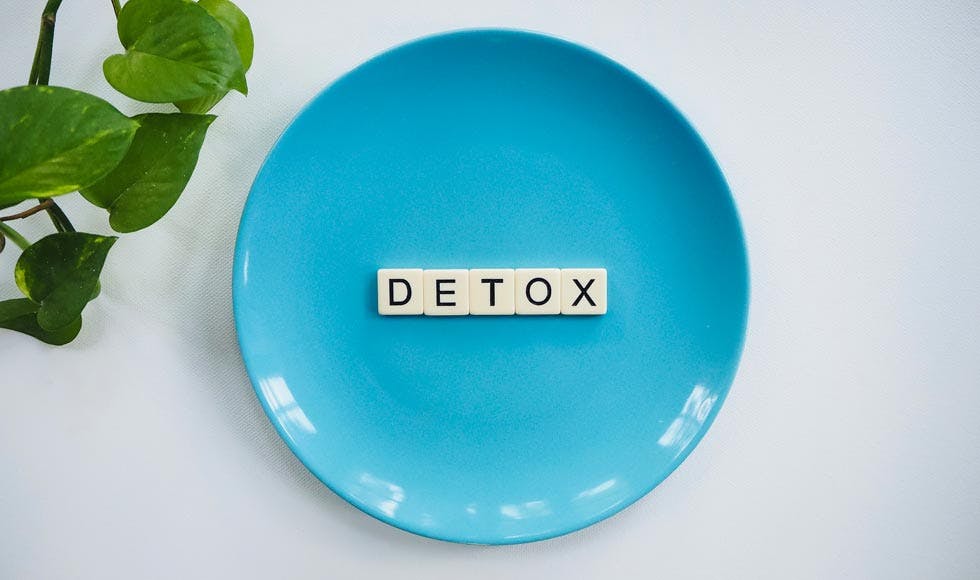
- Health hub/
- Weight management/
- Is it normal to gain weight as you age?


Are we doomed to gain weight as we get older? Is it a normal part of the ageing process to gain a few kilograms?
"Middle-age spread" or "kilo creep" are both used to describe the tendency to gain weight as the years pass.
You may notice this gradual expansion of the waistline as a tightening of your favourite pair of jeans or your usual belt notch may seem to be just a little bit further away.
But is it our lifestyle choices, or an inevitable part of ageing?
One major contributor to age related weight gain comes from changes to our metabolism, or more specifically, our metabolic rate.
Metabolism is a general term used to describe a number of processes and functions going on in your body. This includes breathing, converting food to energy, pumping blood, digestive function and even blinking.
Our metabolic rate is the amount of kilojoules the body uses for your metabolism, and this can increase or decrease depending on a range of factors.
Metabolic rate is a bit like fire - if you stoke it up, it burns more fuel.
Muscle is a key contributor to your metabolic rate, being a tissue that burns a lot of fuel.
In theory, age related weight gain occurs, in part, because of a reduction in metabolic rate due to a gradual loss of muscle tissue.
Changes in hormone balance can also impact upon your body shape. For starters, the natural supply of human growth hormone (HGH) is thought to reduce with age.
HGH is secreted by the pituitary gland to promote muscle growth and repair, elevate your metabolism, and promote the release of stored fats. And for women, a decrease in oestrogen levels can see the body evolve from a pear shape into an apple shape over-time.
While some of these internal changes are beyond our control, there steps that you can take to prevent weight gain as you get older.
- Resistance training - To maintain existing muscle tissue.
- Regular activity - To boost your metabolic rate
- Follow a nutrient rich diet - To keep your body functioning at its best
- Waist management - Regularly monitor your waist circumference, and make additional changes to your diet and activity patterns to prevent the accumulation of abdominal fat.
Do you think it's inevitable that people gain weight as they age? How will you prevent the middle-aged spread?




